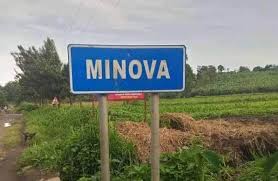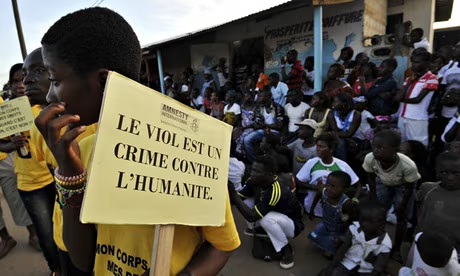Human rights defenders attending a conference to promote the African Court on Human and Peoples’ Rights in Malawi have called for concerted efforts to ensure that individuals and NGOs have direct access to the African Court. The conference participants were addressing the major obstacles that have seen the African Court decide only one case since its establishment in 2006, a case which was itself declared inadmissible.
They attributed this unfortunate situation to Article 34(6) which requires individuals and NGOs to wait for the State to grant them direct access to the African Court by making a declaration to this effect. This provision in the African Court Protocol makes the African Court virtually inaccessible to victims of human rights abuses. Since 2006, only four African states, Burkina Faso, Malawi, Mali, Tanzania have made their Article 34(6) Declarations.
They called on African states to ratify the African Court Protocol and make their Article 34(6) Declarations in order to secure access and thus enforce human rights on the continent. Participants also deliberated on the possibility of advocating for the removal of Article 34(6).
The conference was organised by the African Court on Human and Peoples’ Rights in Lilongwe, Malawi to promote awareness of the Court in the country that is the latest African State to make the critical Declaration 34(6) opening up direct access to the court to Malawi individual and NGOs. The conference brought together the African Court bench, with Malawian Judiciary, government, other regional courts, academia and civil society players to deliberate on the opportunities for human rights enforcement offered by the African Court. IHRDA attended the conference. Given Malawi’s deposit of Declaration 34 (6), it is hoped that more human rights cases will be brought to the Court.
In addition to the call for states to make declarations under Article 34(6), conference participants also discussed how to encourage NGOs and individuals to request for advisory opinions from the Court. It was suggested that human rights defenders could seek access to the African Court by invoking the reference to “an African organisation recognised by the OAU” in Article 4 of the African Court Protocol which could be liberally interpreted to include NGOs with observer status before the African Commission or other AU organs.




